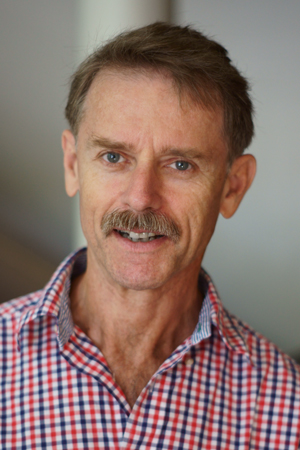
Kailua Beach
Research Interests

Organic synthesis has marked impressive advances during the past few decades. Sensitive new analytical techniques have had a large role in bringing this about, particularly the developments in NMR. Problems that arise during the execution of a total synthesis very often suggest areas in which existing methodology is deficient. This, in turn, creates a challenge and an opportunity to address the deficiency by developing new methodology.
In the broader discussion of organic synthesis, a feature that often gets scant attention is the practicality of the work. While it may be true that extraordinarily complex structures are amenable to assembly through synthesis, success may require truly heroic effort, and vast material and human resources for the production of modest quantities of material. Whereas this approach to the science may have been adequate in the past, in the future the issue of practicality will have to be addressed. This is especially true for materials with useful pharmacological properties that are not available through fermentation, and are therefore scarce. While organic synthesis is capable of producing complex natural products, these may be produced in quantities sufficient only for spectroscopic characterization. If the problem is to produce gram quantities of a material of molecular weight ca. 1000, there are two approaches that can be followed. The first is to treat this as a logistical problem, and to organize the efforts of a large team; the second approach is to redefine the way one thinks about problem solving in organic synthesis and to devise an approach which can be implemented by a small team. In our research we have attempted to follow this second approach.
Contact Info
Prof. Marcus A. Tius
Department of Chemistry, University of Hawai’i at Manoa, 2545 McCarthy Mall, Honolulu, HI 96822-2275
Phone: (808) 956-2779
Fax: (808) 956-5908
Email: Marcus Tius
Office: Bilger 321D
